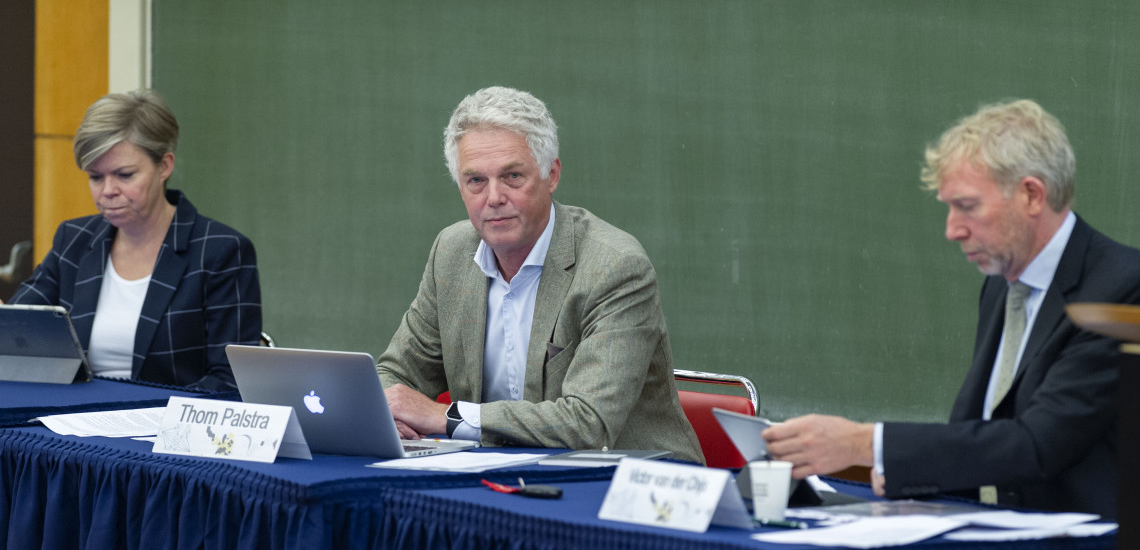
TWENTE, 4 November 2020. The UT Executive Board has decided to allocate in total 4.415 million euros to the ECIU University project. Their investment plan was approved by the University Council today.
The ECIU University is a new European university involving all thirteen ECIU (European Consortium of Innovative Universities) partners, including the University of Twente which coordinates the project. Its main objective is to develop a virtual university based on challenge-based education, research and innovation. In challenge-based education, multidisciplinary teams of learners (students and professionals) work on real life societal challenges. Next to the challenges, online micro modules are being developed and offered by all partners. The first learners will start working challenges in the autumn 2020.
The ECIU University project started ten months ago, and runs for three years in total with the aim to secure long term funding by then. To run the pilot, a total of five million euros was granted by the EU to the ECIU consortium. The UT has received 762.000 euros from this funding, but in order to start up the project, pre-investments are needed from every alliance partner.
The Board has presented a business plan for the ECIU University pilot, which will last three years. In 2020, the university will invest 715.000 euros for the creation and start-up of ECIU University at UT level. For the coming two years, the budget has been set to 1.825 million and 1.875 million euros. Most of these costs amount to personnel costs in order ‘to not add to work pressure’, states the investment plan.
The plan was extensively discussed during the online University Council (UC) meeting this morning. While the Council was overall positive about UT’s involvement in the project, they raised some concerns. Mainly, the UC stated that clear goals and evaluation criteria were missing in the current plan. They also expressed their worry of ECIU University becoming a standalone project and leading to increased workload for UT employees.
‘This is not a standalone project, not at all,’ responded Victor van der Chijs. ‘It is engrained in the implementation of Shaping 2030. It is part of innovation of our own organisation. The entire project has been set up so that we don’t increase workload. It is increasing work, we are doing something additional, but we can hire additional staff. You ask for clear strategy on how to incorporate the project. What you saw was investment plan, not the project plan. We are still developing the project plan and strategy. You will get such a plan with time-based criteria early next year. That is a promise.’
After a closed discussion, the Council was asked to vote on the matter. With eleven votes in favor and four against, the investment plan was approved. More detailed plans on how to incorporate the ECIU University within the UT should be presented by February 2021.

